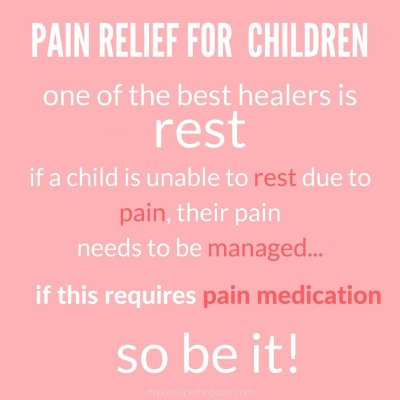Generalized entanglement: a new theoretical model for understanding the effects of complementary and alternative medicine.
Author: Harald Walach
https://www.ncbi.nlm.nih.gov/pubmed/15992244
Abstract
BACKGROUND AND PROBLEM:
A main problem for the acceptance of many methods belonging to the broad spectrum of complementary and alternative medicine (CAM) is that there is no conceivable theoretical bridge between the mainstream biomedical model and CAM theories and practice. Although empirical evidence is one important side of the coin of credibility, theoretical feasibility is the other. History of science teaches that no amount of empirical evidence will convince sceptics and followers of more conventional paradigms as long as there is no good theoretical model to make empirical findings plausible.
METHODS AND SOLUTION:
I therefore propose to broaden the spectrum of theoretical concepts beyond the reigning local-causalist model toward a non-local model that encompasses effects as encountered in CAM. Such a model can be derived from a generalized and weaker version of quantum theory recently developed and published by my colleagues and I as weak quantum theory (WQT). This theoretical model predicts nonlocal correlations analogous to Einstein-Podolsky-Rosen (EPR)-like correlations in quantum mechanics proper. The discerning moment, though, is that these nonlocal correlations within WQT are not EPR correlations postulated to extend into the classical world, but a broader, generalized version of entanglement not dependent on the strict quantum nature of the system under question. WQT predicts entanglement between elements of a system if two variables or observables are complementary: one describing a global and one the local aspects of the system. Entanglement then ensues between those local elements of a system that are complementary to the global description or observable of that system.
DISCUSSION AND CONCLUSIONS:
This paper explores this rather abstract and general notion and expands it into more concrete examples. It is at the moment a purely explanatory structure, which, however, lends itself to exact empirical testing due to rather precise predictions, which will be developed. Because this structure of generalized entanglement is ubiquitous and also operative in conventional medicine, and because it is derived from one of the strongest theories that science has developed so far, it would constitute a theoretical bridge between the different medical and scientific traditions.




